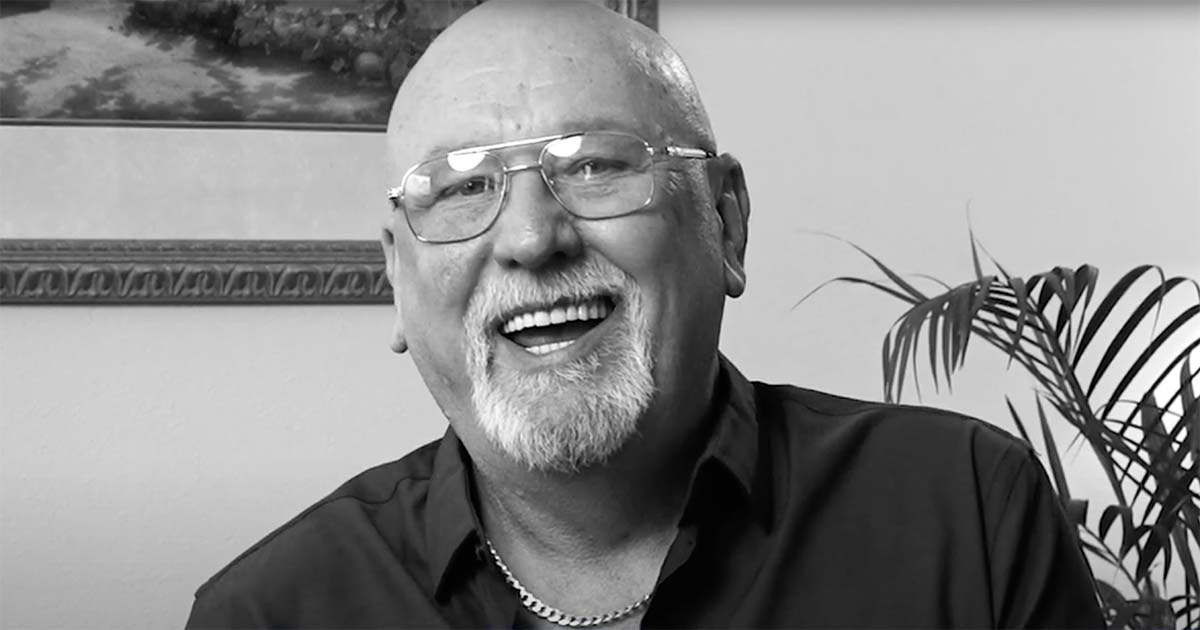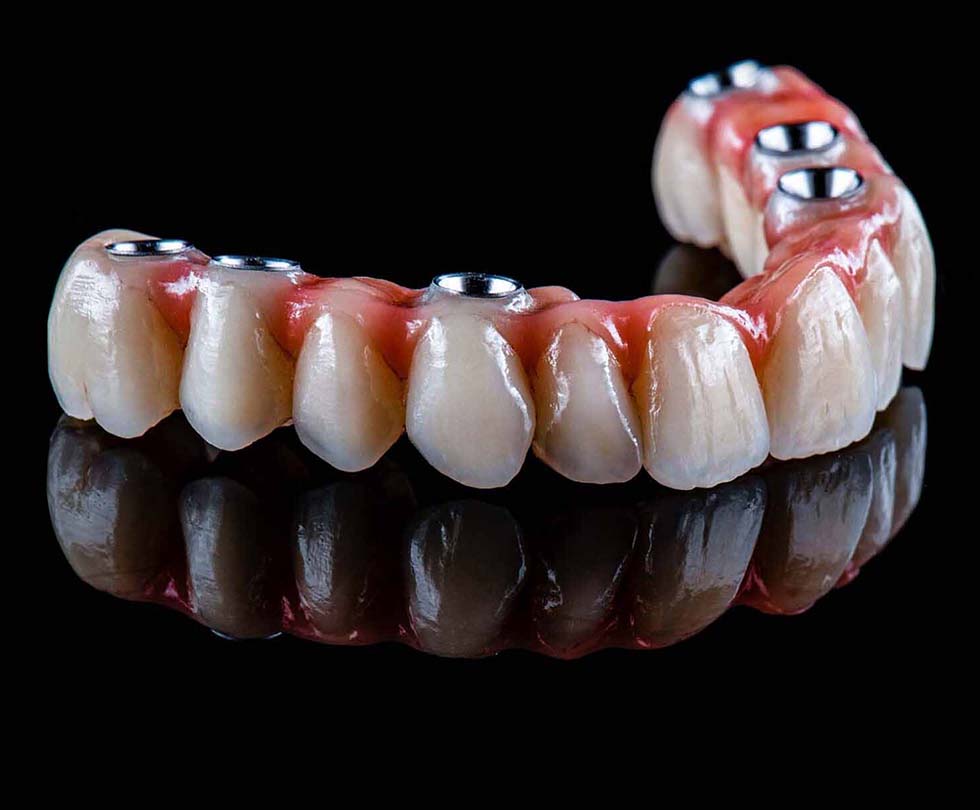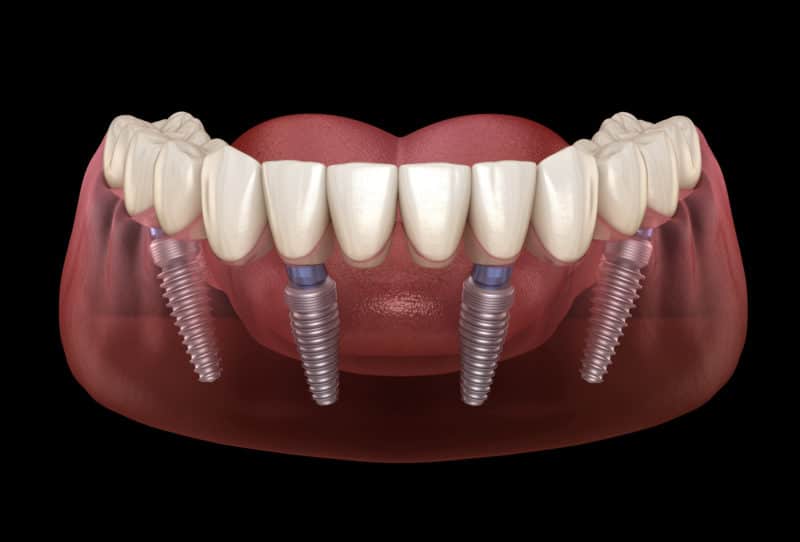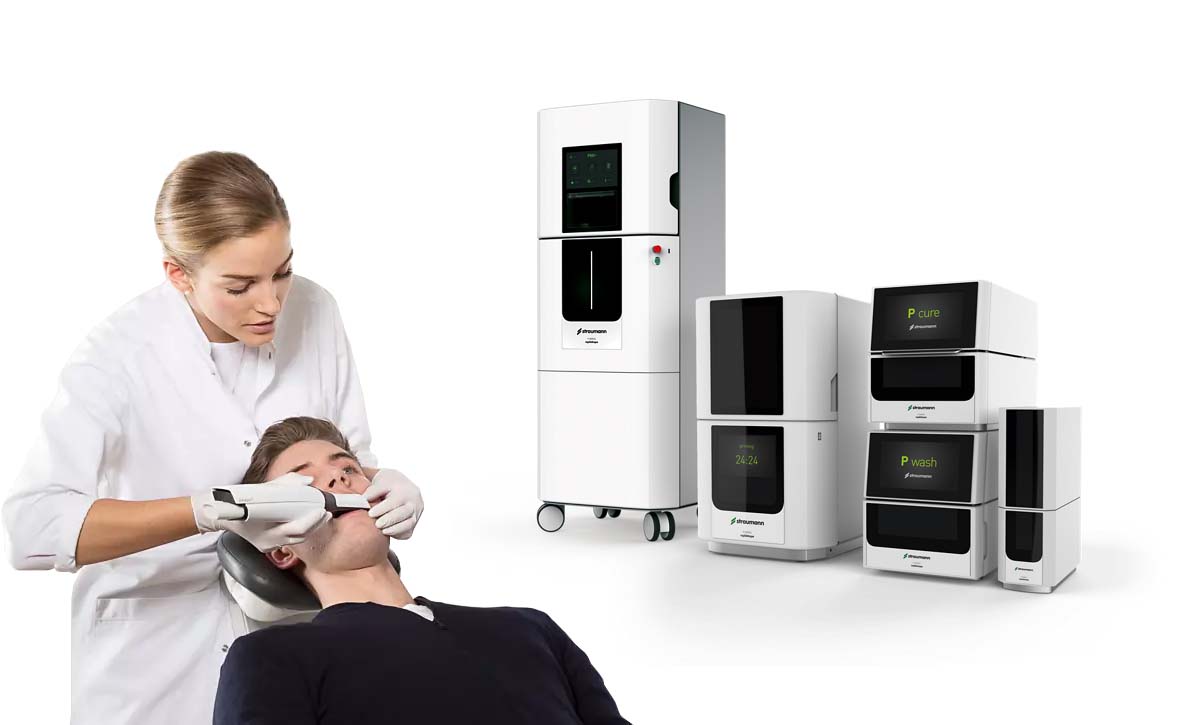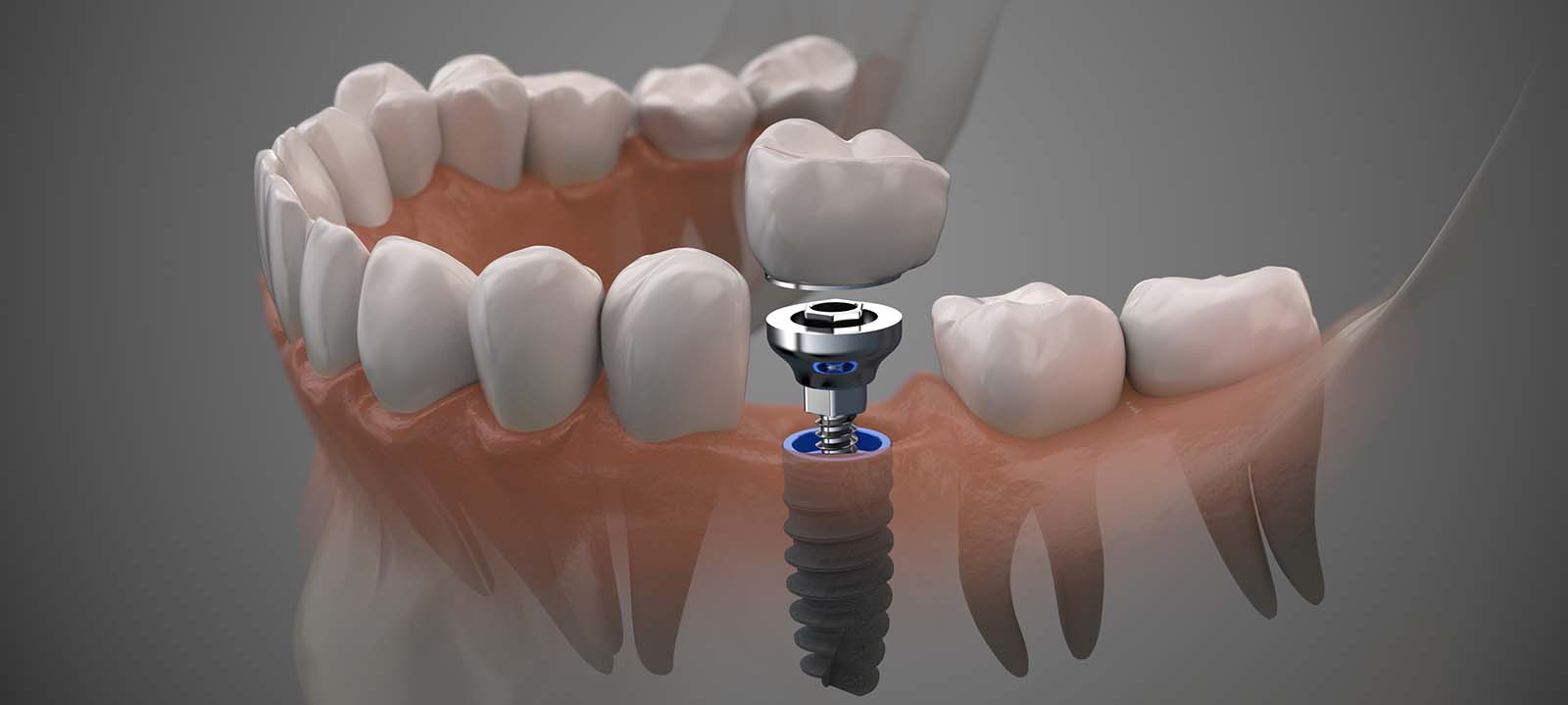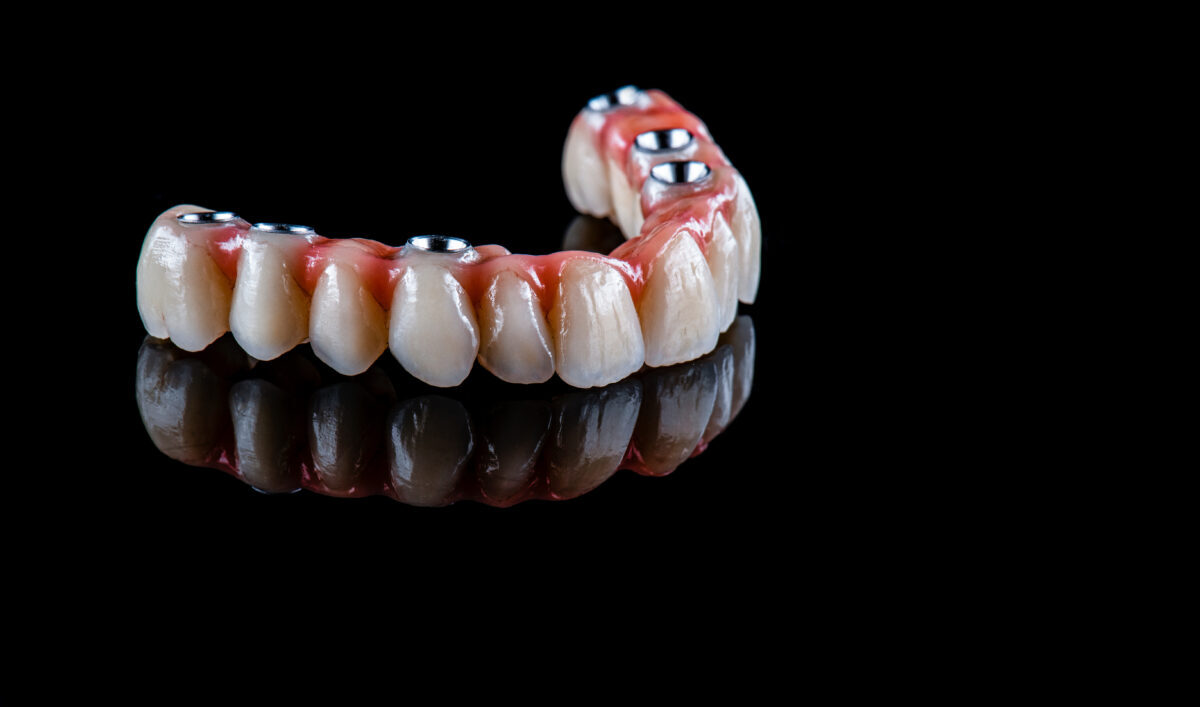Dental Implant or Partial Denture?
Exploring the different benefits, pros, and cons can help you decide on a solution that is best for you. Of course, factors such as urgency and affordability will play into your final decision. Whichever teeth replacement option you choose, know that dentures and implants will help improve teeth functions.
What are Dental Implants?
A dental implant is essentially an artificial tooth root (implant post) that takes the place of a missing natural tooth. The implant looks like a titanium screw and is inserted into the gum or the jawbone, depending on if the endosteal or subperiosteal surgical procedure is used. Endosteal implant means the tooth root is surgically placed into the jawbone, as opposed to the subperiosteal implant that goes into the gum.
Once the gum heals, your periodontist can go ahead and place the connector rods, also called abutments, on top of the implant post. These rods help to keep the posts stable as well as function as support for the new porcelain crown, which are mounted at the end of the procedure. The average time to complete the process is 6 to 9 months. It all depends on things such as whether bone grafting is required to grow sufficient jawbone to hold the tooth root in place.
Bone grafting, itself, takes several months. Then the implant needs to go through the osseointegration stage. Simply put, it means the tooth root needs to fuse to the bone. After that, the gum has to heal before further work can be done. This lengthens the timeline of the procedure. However, a patient can choose to have the implant placed into the gum instead. In this case, the process ends in a shorter space of time. Needless to say, patients are usually excited when the time comes to mount the customized dental crowns. Seeing a complete smile is an instant confidence boost, to say the least.
[See: What Are Dental Implants]Top Benefits of Dental Implants
Whether it is traditional dental implants or all-on-4 dental implants, the end result is typically the same. You’ll have your teeth and self-confidence back while enjoying these other benefits:
- Implants are permanent replacements for one or more missing teeth.
- You’ll be able to eat, chew, and speak properly
- They also get rid of tongue thrusting as in the case of missing front teeth
- The replacement teeth will look, feel, and function like your natural pearly whites.
- You can also care for them the same way you do your natural teeth with regular brushing, flossing, and rinsing
- Implants help reduce jawbone loss, thereby minimizing the risk of losing adjacent teeth
What are Partial Dentures?
A partial denture, or partials, is a removable tooth-replacement treatment and is a good alternative to dental bridges that are fixed in place. The denture is made and customized to look as natural as possible to your original teeth. It is attached to a gum-colored plastic base connected by a metal framework. The metal framework is attached to the adjacent teeth to keep the denture in place. Like implants, partial dentures can be used to replace one or more missing natural teeth but it takes far less time to get partials. There is also no need to shave down or alter the adjacent teeth as is the case for implants.
[See: Partial Dentures Los Angeles]Dental Implants vs Partial Dentures
Comfort, aesthetics, the time it takes to complete the procedure, reliability, and cost are some of the main factors to consider when comparing implants and partials.
Comfort and Reliability – There is no doubt that implants offer better comfort and reliability. They are permanently fixed in place, stronger, and can withstand years of use without decay or damage. Reliability also means no shifting, slipping, or falling out as can happen with dentures. Dentures also rely on the presence of the adjacent teeth to keep them in place. These prosthetic teeth will be of no use if the nearby teeth decay or fall out. In fact, they can, and do, cause damage to the teeth they rely on for support.
Cost –Admittingly, dentures are cheaper to get and do not require waiting months. They also generally cost less. The average cost of partial dentures is $2,000 to $4,000. On the other hand, a single implant can cost anywhere from $3,000 to $3,500. However, if you can wait out the time and can afford implants, it may be a better option in the long run. Remember that the implant process is shorter for patients who are undergoing the subperiosteal implant procedure where there is no need to go through bone grafting.
Teeth Health Support –While removable partials are the cheaper way to go, they do not support the health of your teeth in the long run. For instance, the bone beneath the dental device can deteriorate over time and can affect both your smile and facial symmetry. On the other hand, implants promote bone growth and healthier teeth and gum.
Aesthetics – Tooth loss negatively impacts your smile, how you see yourself, and how others see you. It’s a total embarrassment to have missing teeth, especially in the front of the mouth where the gaps are noticeable each time you talk or smile. So when you’re thinking of teeth replacement, implants come the closest to your natural teeth in terms of looks and how they function. As the saying goes, “Go hard or go home.” In other words, if you’re going to restore your smile and can afford it, why not just opt for implants that offer lasting results without the drawbacks posed by partial dentures. You can smile all you want without worrying about anyone seeing the metal framework of a partial.
How Long Do Dentures and Implants Last?
Let’s not forget to consider the longevity factor. A question patients frequently ask is, “How long do dentures and implants last?” With proper maintenance, partial dentures may last for an estimated 6-8 years. However, implants can last a lifetime as long as you take good care of them. Note that they do not decay since they’re made of metal and porcelain and are essentially impenetrable by bacteria that cause caries.
Your artificial crown can, however, get damaged or chipped like a natural tooth can. This can happen due to trauma or poor dental hygiene. Needless to say, because of the vast advantages of dental implants, dentists are now recommending this treatment more often to patients.
Don’t Wait to Smile Again. Call to Request an Appointment Today!
The comparison should go a long way in preparing your mind for dental implants or partial dentures at Southland Dental Care in Sherman Oaks, CA. Your periodontist will do a detailed oral exam and take x-rays to help decide which option is right for you. Consideration is also given to time requirements and affordability. At the end of the day, there’s hardly any doubt that implants are the most popular, advanced, and long-lasting tooth replacement option. Call us at 818-788-8787 to request an appointment today.





